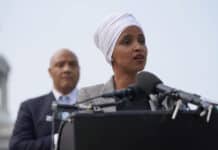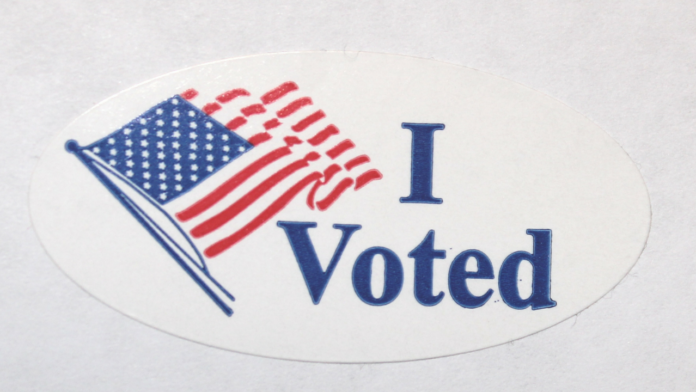WASHINGTON DC- The Supreme Court has decided to review the appeal on the Minnesota Voters Alliance v. Mansky, a case which examines 1st Amendment rights at polling places.
The case came in response to a Minnesota statute, created in the 2016, which states that no political apparel of any kind is allowed in polling places. This statute lead to the creation of a broadly stated official Election Day Policy manual produced by the Minnesota Secretary of State, specifying the statute applies to any apparel “promoting a group with recognizable political views (such as the Tea Party, MoveOn.org, and so on).”
Wen Fa, attorney for the Pacific Legal Foundation the group providing representation for the MVA, argues this broad language essentially means, “restriction of voter apparel can be applied to anything that reflects personal values, even clothing or jewelry with a message that’s unrelated to anyone’s campaign. Such a limitless ban on personal expression is unconstitutional.”
A coalition of freedom minded groups including, Minnesota Voters Alliance formed a joint coalition called Election Integrity Watch (EIW) in order to challenge the constitutionality of the statute. The group filed a lawsuit against a Ramsey county election official, Joe Mansky, and the Minnesota Secretary of State. EIW challenged the constitutionality of the statute based on its infringement on both First Amendment rights and Equal Protection rights, due to notions of selective enforcement of the statute.
The district court dismissed all claims laid forth by EIW, with the 8th circuit appeals court standing with the district court on the facial infringement of the First Amendment as well as Equal Protection rights, while offering to hear further arguments on part of the First Amendment complaint brought forth.
Much of the argument in the 8th circuit court came down to things that were ‘demonstrated’ facts about the Tea Party. Minnesota (Mansky) provided detailed polling data and media coverage, in addition to the fact that the Tea Party is a recognized caucus in order to prove that the Tea Party, and apparel making reference to it, would constitute a recognizable political viewpoint and position on certain policy issues.
In an appeal to the Supreme Court, EIW argued that the decision made by the 8th Circuit Court, “effectively chills the free speech rights of millions of voters across the country by threatening criminal prosecution or civil penalties for voters who wear logoed t-shirts, caps, jackets, buttons, and other apparel in state-declared speech-free zones.”
Members of the Minnesota Voters Alliance point out the inevitable ethical corruption that resulted from the statute.
“This led to harassment and intimidation in the polling place,” Dan McGrath stated “not by people passively expressing a viewpoint with a button, but by election judges leveling threats of prosecution and hefty fines at voters they may disagree with.”











